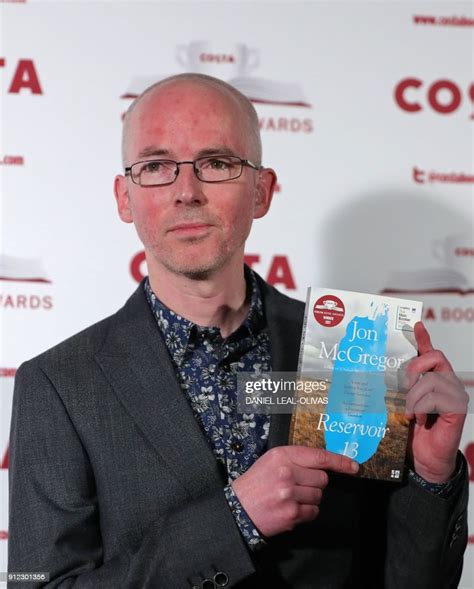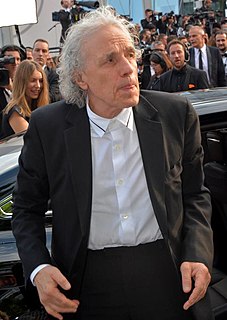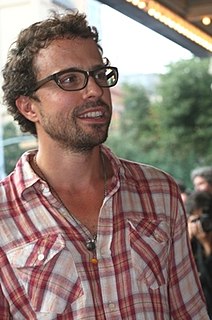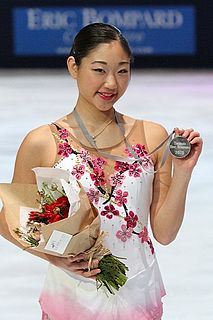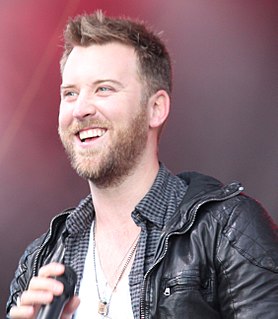A Quote by Peter R. Grant
To summarize, the particular song a male sings, and the behavioral responses of females to song and morphological signals, are not genetically inherited in a fixed manner but are determined by learning early in life.
Related Quotes
If you listen, you can hear it. The city, it sings. If you stand quietly, at the foot of a garden, in the middle of the street, on the roof of a house. It's clearest at night, when the sound cuts more sharply across the surface of things, when the song reaches out to a place inside you. It's a wordless song, for the most, but it's a song all the same, and nobody hearing it could doubt what it sings. And the song sings the loudest when you pick out each note.
If we were to use the success of 'Need You Now' as the barometer for every other song, then we'll probably be highly disappointed. That song will probably undoubtedly be the biggest song of our career. We can hopefully have success for 20 years, but we may not ever have the success of that one particular song again.
But once you've made a song and you put it out there, you don't own it anymore. The public own it. It's their song. It might be their song that they wake up to, or their song they have a shower to, or their song that they drive home to or their song they cry to, scream to, have babies to, have weddings to - like, it isn't your song anymore.

